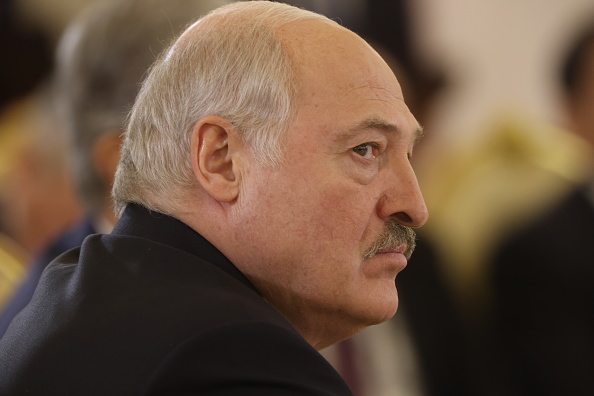The European Commission has ratcheted up the pressure on Poland’s ruling conservatives by launching legal action over a law establishing a special commission to investigate alleged Russian influence because it is concerned that law could be used to target opposition politicians such as Donald Tusk.
Valdis Dombrovskis, the Commission’s executive Vice-President on 7 June said that the Commission “has agreed to start an infringement procedure by sending a letter of formal notice in relation to the new law on the state commission for the examination of Russian influence.”
A letter of formal notice is the first step of an infringement procedure, which can end up in the European Court of Justice (ECJ) if the wrongdoing is not addressed. The ECJ can impose daily fines on a member state that refuses to comply with its rulings, as has been the case with Poland over infringements with regard to judicial reform.
The ‘Russian influence’ law entatils the setting up of a commission with effective judicial powers to hold hearings on public officials and companies that are suspected of having acted to “the detriment of the interests” of Poland between 2007 and 2022. Potential penalties, called “remedial measures,” include bans on holding public office for a period of up to 10 years.
Poland’s conservative government argues that the commission is required to strengthen the country’s “cohesion and internal security” in light of Russia’s invasion of Ukraine. The present government believes the previous liberal government led by Donald Tusk was too willing to compromise with Russia and deepened the country’s reliance on Russian fossil fuels.
Polish President Andrzej Duda approved the legislation on 29 May, despite expressions of concern from domestic constitutional lawyers, the opposition and both the European Commission and the US Department of State. Critics argue that the law violates the separation of powers by combining competences of the executive, the legislature and the judiciary into one single body and that it could be used to discredit or even debar opposition politicians from holding office.
Duda rowed back his support for the legislation on Friday June 2 by submitting an amendment to the legislation he had just signed. In it he proposed to remove all sanctions from the legislation, to debar parliamentarians from being members of the commission and to make it possible for individuals and companies to appeal against the commission’s findings to the common courts , rather than just administrative courts. It is not clear whether Parliament will approve the amendment and the contested law is already in force.
The President’s intervention did not stop a massive rally organized by the opposition liberals and addressed by Donald Tusk. The size of the demonstration has taken the ruling party by surprise and has boosted Tusk ahead of this autumn’s parliamentary election.
Donald Tusk remains a highly popular figure with European Union officials, something which certainly cannot be claimed for any figure from Poland’s current ruling party. Last year at the European People’s Party (EPP) congress, the party that was recently led by Donald Tusk, von der Leyen said that Tusk epitomized the values of the EU and that he was returning to Poland to defend them as the next Polish Prime Minister. The EPP’s active support for Tusk has led the ruling conservatives to accuse the European Commission of being eager to impose sanctions on Poland and of trying to bring down the present Polish government.





